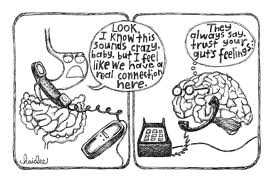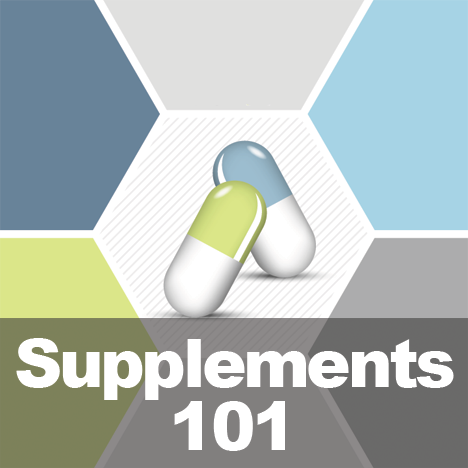The gut brain connection is becoming more and more apparent as researchers study the intricate ways that our digestive, immune, and nervous systems are all interdependent. These systems also work intimately with the micro organisms that call our bodies home. The connections detailed in this article in Psychology Today appear to reveal the ultimate chicken or the egg scenario, with mood and behavior being observed to be affected by changes in the gut microbiota, and digestive issues and specific symptoms have been altered by a person’s mood, anxiety, and stress levels. Such discoveries that confirm the synergistic quality of our mind and body, reinforce the need for modern western medicine to take a drastically more holistic approach when attempting to treat any one condition or concern.
 It doesn’t take watching very many pharmaceutical commercials to realize that it’s easy to set off an unintended chain reaction of negative effects in the body when we approach health as a “single symptom treatment practice”. The litany of negative side effects that you hear during these commercials are clues to the fact that the systems of our body are far more interconnected than previously assumed. And as we begin to understand more about how much our digestive system and microbiota affect other important aspects of our health, it becomes much less of a sound decision to take a medicine intended to treat a skin condition or something similar if some of its most prominent side effects negatively affect your digestive system. The chances of setting off a feedback loop of negative side effects in your body become far greater once you sacrifice the functionality of your gut and the dear little creatures that call it home.
It doesn’t take watching very many pharmaceutical commercials to realize that it’s easy to set off an unintended chain reaction of negative effects in the body when we approach health as a “single symptom treatment practice”. The litany of negative side effects that you hear during these commercials are clues to the fact that the systems of our body are far more interconnected than previously assumed. And as we begin to understand more about how much our digestive system and microbiota affect other important aspects of our health, it becomes much less of a sound decision to take a medicine intended to treat a skin condition or something similar if some of its most prominent side effects negatively affect your digestive system. The chances of setting off a feedback loop of negative side effects in your body become far greater once you sacrifice the functionality of your gut and the dear little creatures that call it home.
Interestingly, after reviewing the results from 13 clinical studies, it was observed that a majority of the patients with negative digestive issues and GI disorders were more likely to see improvement in those conditions with psychologically based treatments focused on a reduction of stress and anxiety than they were with treatments solely focused on medically counteracting the negative digestive symptoms. And it certainly has been observed to work in the reverse as well, with elevated levels of cortisol and other stress hormones being activated when the diet of a subject is made up of primarily processed foods high in sugar, salt, saturated fats, and preservatives. This is due to the inflammatory hormonal response that occurs when the balance of the gut’s microbiota has shifted away from a healthy population made up of a majority of proactive bacteria toward one that is dominated by antagonistic bacterium. The needed to achieve balance by taking into account the prebiotics (bacteria food) we consume to foster healthy beneficial bacteria and also the psychological techniques we use to keep our hormonal responses in a healthy and adaptive pattern.
What is fascinating is that western science and medicine are slowly beginning to observe the truth behind the ancient holistic practices of eastern medicine, which have long taken into account the entangled nature of our minds, bodies, and spirits. It is exciting to imagine the innovation and progress that can occur if the wisdom and knowledge from both eastern and western tradition can be utilized to uncover deeper and more profound understandings of how to treat and heal systemic health problems in our modern day populations.




